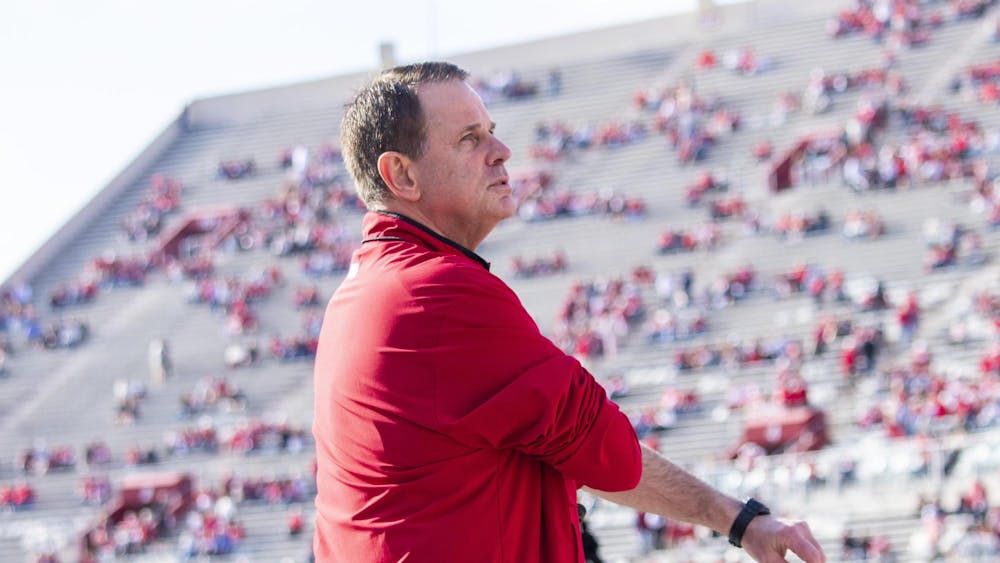Education pays.
A recent IU study found that people 25 years and older who continue their education past high school can expect a substantial increase in wages, whether or not they complete or obtain degrees.
The study, “The Importance of Being Educated: Wage Benefits for Indiana’s Adult Students,” was conducted by researchers at the Indiana Business Research Center at IU’s Kelley School of Business.
“If you look at the population of so-called nontraditional students, relatively little is known of them and their experiences, as compared to the traditional college student,” said Timothy Slaper, director of economic analysis at the IBRC.
“There is a bump in wages as a result of pursuing an education, and those are statistically substantial and could be substantiated based on the wage records of the students in our cohort.”
IBRC collected data during three years by studying a group of 20,263 college students attending two of Indiana’s public, two-year institutions: Ivy Tech Community College of Indiana and Vincennes University.
These students were enrolled between fall 1999 and spring 2002. The researchers then tracked the students’ progress in the work force one and five years later.
The IBRC study found students 25 years or older who enroll earned $1,000 more in annual wages after attempting 25 to 36 college credit hours compared to those who attempted fewer than 12 college credit hours.
Those who enrolled in 49 to 60 credit hours achieved $2,300 more on average than those enrolled in 12 hours or less.
Slaper said the study also found that the benefits of post-secondary education increased for students in certain programs of study.
“The field of study is also important,” he said. “Big boosts in wages come from health care-related occupations, industrial arts, business and consumer services.”
Students who pursued 25 to 36 credit hours in industrial arts and consumer services majors earned an average of about $5,100 more per year than those who attempted fewer than 12 credit hours.
Nontraditional students completing their associate degrees gained an average of $4,100 per year more in wages than those who attempted fewer than 12 credits.
Health majors gained an average of $9,900 more per year in wages than those who attempted 12 credits. Industrial arts and consumer services majors gained $7,000 more annually than those who attempted fewer than 12 credits.
According to the United States Census Bureau, 55.3 percent of adults in Indiana do not continue their education past high school.
Sue Smith, corporate executive for Advanced Manufacturing and Technology with Ivy Tech Corporate College, said research studies like the one conducted by IBRC help her communicate the importance of education to employers and employees.
“A study like this is really an eye-opener for employees and employers,” she said. “I hope this a wake-up call. Here is the data, demonstrated proof that there is a return on that investment in the education field.”
Slaper said the most important aspect of the study is its conclusion that a little bit of education is better than none at all.
“While it’s important to complete or finish your degree, even if you don’t, getting some education will give you an economic benefit,” he said.
IU study reveals older students boost earnings
Get stories like this in your inbox
Subscribe




